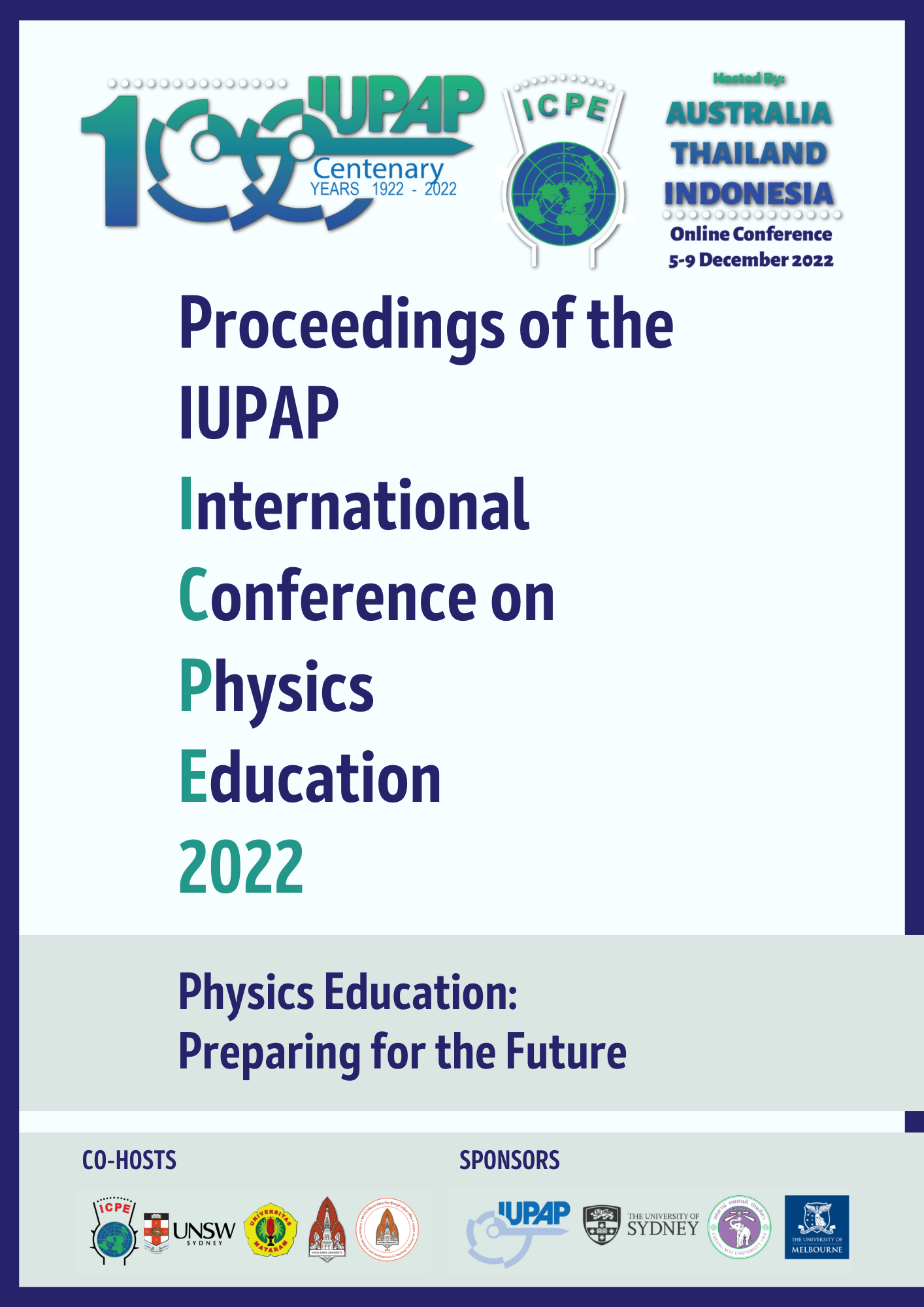Using LEGO race cars in the Physics lab
Abstract
Students often find learning about uncertainties dry and boring. In order to engage students and simulate their interest, I have been using LEGO race cars to teach measurement more fun while allowing them to quickly repeat their experiments. Students can then perform uncertainty propagation calculations. My research found that these hands-on LEGO activities were instrumental in improving students’ confidence with physics experiments, especially in dealing with uncertainties. LEGO lab was also a key factor in reducing the early attrition rate at the first-year level.
The Experimental Activities that I have designed cover a range of topics, including the concept of uncertainty, the number of variables in an experiment, and the fairness of an experiment (i.e., whether the experiment, as designed, biased the result). In each of the experimental tasks fundamental concepts are introduced, including the various formulae for speed, velocity and acceleration, potential and kinetic energy, as well as the calculation of the track angles. Further, uncertainty analysis is introduced and explained for each experiment, with the students being required to identify the sources of the uncertainty (and if it can be determined, the magnitude) and for the quantifiable sources, and then propagate that uncertainty into the final result. For each experiment, the students are asked to discuss the limitations and drawbacks of the experiment and suggest improvements.
In this workshop, I will discuss some LEGO experimental activities that can be used in lab classes, helping students comprehend the quite abstract concept of uncertainty. These activities can be modified and used to teach school students about energy conservation, sources of energy, different types of energy etc.
Intended Audience: Undergraduate and Secondary-School Physics Educators
Downloads
Published
Issue
Section
License
Authors who publish with the Proceedings of the International Conference on Physics Education 2022 agree to the following terms:
a) Authors retain copyright and grant the journal right of first publication with the work simultaneously licensed under a Creative Commons Attribution License (https://creativecommons.org/licenses/by/4.0/) that allows others to share the work with an acknowledgement of the work's authorship and initial publication in this journal.
b) Authors are able to enter into separate, additional contractual arrangements for the non-exclusive distribution of the journal's published version of the work (e.g., post it to an institutional repository or publish it in a book), with an acknowledgement of its initial publication in this journal.
c) Authors are permitted and encouraged to post their work online (e.g., in institutional repositories or on their website) prior to and during the submission process, as it can lead to productive exchanges, as well as earlier and greater citation of published work (See The Effect of Open Access - http://opcit.eprints.org/oacitation-biblio.html).
Privacy Statement The names and email addresses entered in the Proceedings of the International Conference on Physics Education 2022 site will be used exclusively for the stated purposes of this journal and will not be made available for any other purpose or to any other party.
